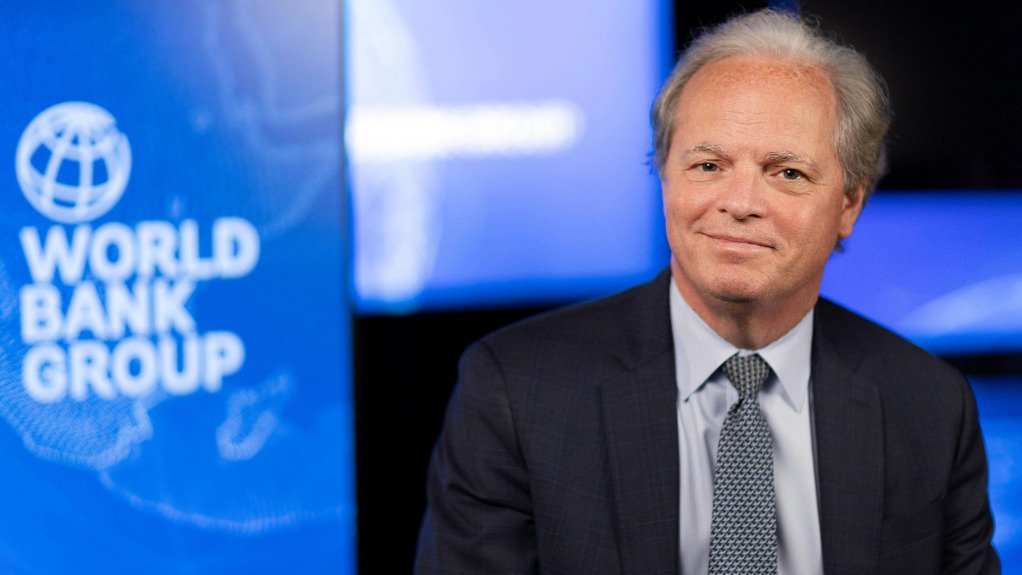A new World Bank report argues that South Africa can raise growth and employment by pursuing four priorities aimed primarily at stimulating market competition and bolstering the efficiency of public institutions and spending.
Titled ‘Driving Inclusive Growth in South Africa’, the first priority listed in the report is for the country to improve the efficiency of public spending, while leveraging private resources to enhance economic growth and job creation.
The report proposes the establishment of a centralised gateway for priority capital projects above a certain threshold and also suggests that partnerships with the private sector be considered outside of infrastructure to include the social sectors of education and even health, where government is pursuing a national health insurance model.
Also proposed is a move to hire top managers in public administration based on competencies, under the auspices of what is termed a Head of Public Administration.
The second priority listed relates to the delivery of quality, climate-friendly, and resilient infrastructure services, particularly in the areas of electricity and the railways.
Among other interventions, the bank argues in favour of scaling up private investments in electricity transmission and transferring the operational responsibilities of bulk mineral rail lines to large mining companies, while establishing public-private partnerships for feeder lines.
Thirdly, the report urges South Africa to promote efficiency and equitable urban development and mobility, including by relaxing national building and municipal zoning regulations and introducing financial bonuses for social housing projects in high-density areas close to business nodes.
The bank also proposes improving urban transport through conditional financing to the Passenger Rail Agency of South Africa based on performance, and upgrading privately owned minibus taxis.
The fourth priority listed relates to injecting dynamism in the private sector to create jobs and productivity gains.
Here, the bank sees significant scope for streamlining administrative procedures, simplifying the tax regime and adjusting policies, including “generalising the use of the Equity Equivalence Investment Programs by the Department of Trade and Industry instead of the hard complex conditions associated with Black Economic Empowerment policies”.
In addition, the bank argues that the potential of small and innovative firms could be unleashed through venture capital and authorising nonbank institutions to issue mobile money.
Speaking at the launch event in Cape Town, which was attended by Finance Minister Enoch Godongwana and Transport Minister Barbara Creecy, World Bank senior MD Axel van Trotsenburg highlighted the importance of raising South Africa’s growth to address its own social problems as well as to catalyse growth in the rest of the region.
He also stressed that the report was the product of intensive dialogue with South Africans from the public and private sectors as well as academia, which had been complemented by inputs from a group of international experts led by Nobel laureate in Economic Sciences, Michael Spence.
World Bank country director for South Africa Satu Kahkonen expressed her desire for the report to generate further discussion on what more could be done to accelerate growth in South Africa, while acknowledging that some of the recommendations were already part of government’s reform agenda.
“This is not the end. This is but the beginning of the discussion,” she said.
EMAIL THIS ARTICLE SAVE THIS ARTICLE ARTICLE ENQUIRY FEEDBACK
To subscribe email subscriptions@creamermedia.co.za or click here
To advertise email advertising@creamermedia.co.za or click here











